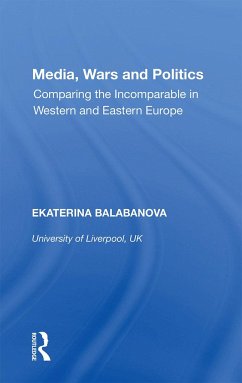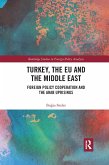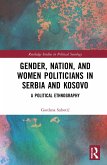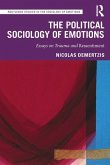The interaction between media and foreign policy is a critical dimension of the so-called age of 'new military humanitarianism'. The media is now more effective in gathering and distributing information all over the world and media coverage of humanitarian wars allows for information and images to reach a wide audience with great immediacy and realism. For policy making, the 24/7 news cycle means high levels of exposure to fast-breaking international stories receiving global attention and producing a powerful 'do something!' effect. This topical book widens the debate beyond US media and policy making by considering the case of Western and Eastern European media and policy processes. It tests the wider application of existing theoretical approaches and provides useful comparisons, allowing the reader to draw conclusions on the media-policy relationship. It is an excellent resource for all those interested in political communication, European politics and media studies.








